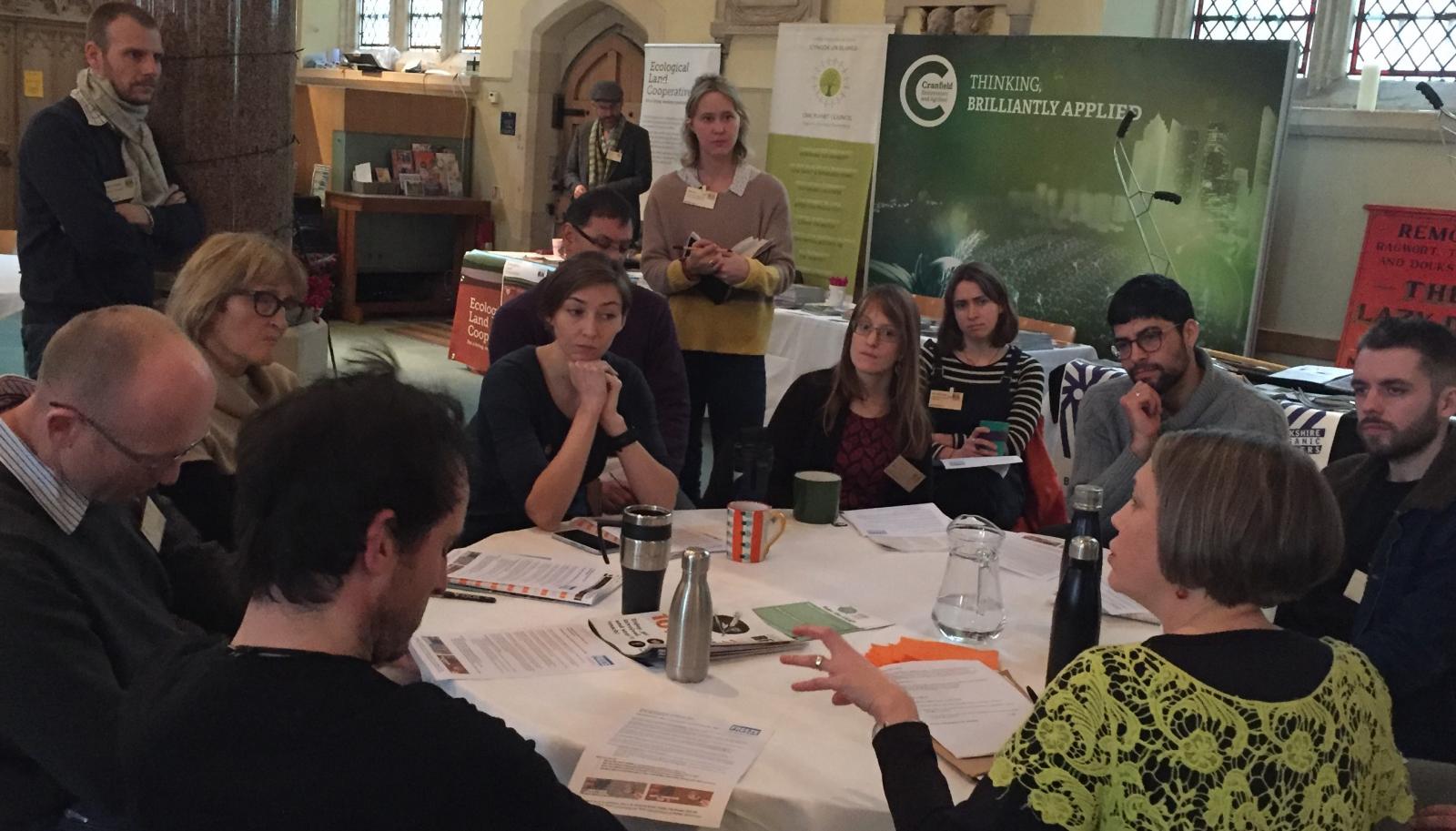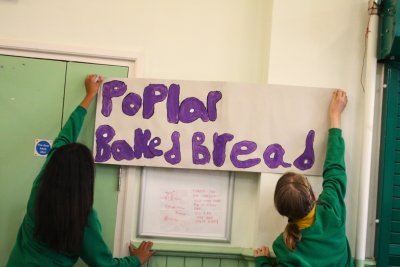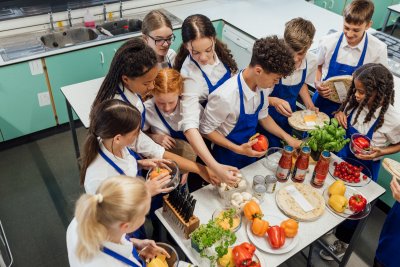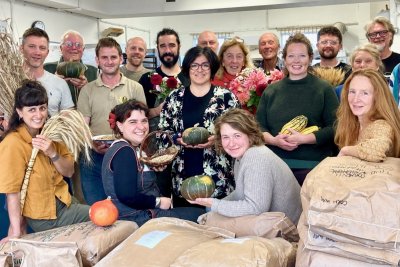

2017, April: Expert roundtable on implications of WTO for farming
Archived project
Please note that the content on this page has been archived and is not actively reviewed at present.
Sustain, Friends of the Earth and RSPB invited members to a meeting in February to explore the implications of Brexit to food and farming and the role of the World Trade Organisation (WTO) where rules on trade are set by its 164 members.
The UK is a member of the WTO both as part of the EU bloc and as a nation but once we leave the EU we will have to negotiate all our trade arrangements directly with the WTO and with other nations.
The two key issues we wanted to explore concern the way in which we will be allowed to support our UK farmers in a global trading system; and how being out of the EU will affect trade barriers including tariffs and non-tariff barriers such as food standards. Our three speakers were: Peter Ungphakorn, Freelance Journalist and former Senior Information Officer with the WTO Secretariat; Michael Cardwell, Professor of Agricultural Law, Leeds University; and Sam Lowe, Friends of the Earth Trade Campaigner.
With regard to domestic farm support the presentations and discussions that followed looked at allowable support to farmers:
- key exemptions (often referred to as ‘Blue and Green box’), and the politics behind all of this under the WTO Agreement on Agriculture (AoA) will underpin future support. What will be determined as ‘minimally distorting’ may well be subject to considerable political influence.
- whilst complex there is considerable leeway in how we could, when we go it alone, support our farmers and the basic criteria are worth reading.
- the point was well made that Europe and therefore UK was spending very much below its allowable level of farm support almost by a factor of ten. But we do not know how much of the current EU allowance will come to the UK after Brexit..
- we explored several types of proposals currently being proposed by UK bodies - such as income insurance schemes, payments for ecosystem services and support for ‘increasing productivity’ - for their eligibility under the AoA.
We also discussed wider trade rules on market access and the ‘schedules’ which are commitments made by WTO members (on maximum tariffs, minimum TRQs, subsidies, access for services). How these change will have major impact on imports, export and therefore the viability of many UK farmers and their ability to farm sustainably. We explored what may happen to the current EU schedules and how UK will get its own.
The mind-boggling complexity of some tariff schedules and tariff quotas (TRQ) is a huge concern. There are around 100 TRQs and it is worth a look at Peter Ungphakorn’ s blog on testing limits of possibility “The limits of ‘possibility’: Splitting the lamb-mutton quota for the UK and EU–27”.
What happens to ‘non-tariff barriers’ to trade – such as safety, worker or environmental standards for food production – are key to future trading arrangements and will be under significant pressure as many have noted.
The two WTO agreements concerning standards are: Sanitary and Phytosanitary Measures (SPS) Agreement (food safety, animal and plant health) and Technical Barriers to Trade (TBT) Agreement (other product standards including safety, regulation, labelling). There are current issues with several key areas including products versus process; animal welfare standards and emerging private sector standards. Peter gave notes on some of the Dispute settlements that cover some of these.
Whilst UK institutions are getting their trade knowledge and staffing together, blogs and articles by experts remain a crucial source of information and expert analysis. We circulated details of the key experts highlighted during the session. Contact Vicki for the list and speaker presentations (vicki@sustainweb.org).
Clearly when Article 50 is triggered we will be in a major ‘divorce settlement’ phase negotiating the budget and other arrangements with the EU. However, debates around future trading arrangements, underpinned by WTO membership, both with the EU and with the rest of the world will continue either in parallel with the Brexit arrangements or afterwards. Understanding what that means and how trade rules limit or facilitate a more sustainable farm and food sector will be crucial.
Brexit: We stand at a cross-roads. When the UK leaves the European Union, will our leaders uphold good standards for our food, farming, fishing and trade deals? And will they agree a sensible deal with the EU? We need to make sure that they do!
Sustain
The Green House
244-254 Cambridge Heath Road
London E2 9DA
020 3559 6777
sustain@sustainweb.org
Sustain advocates food and agriculture policies and practices that enhance the health and welfare of people and animals, improve the working and living environment, promote equity and enrich society and culture.
© Sustain 2026
Registered charity (no. 1018643)
Data privacy & cookies
Icons by Icons8


